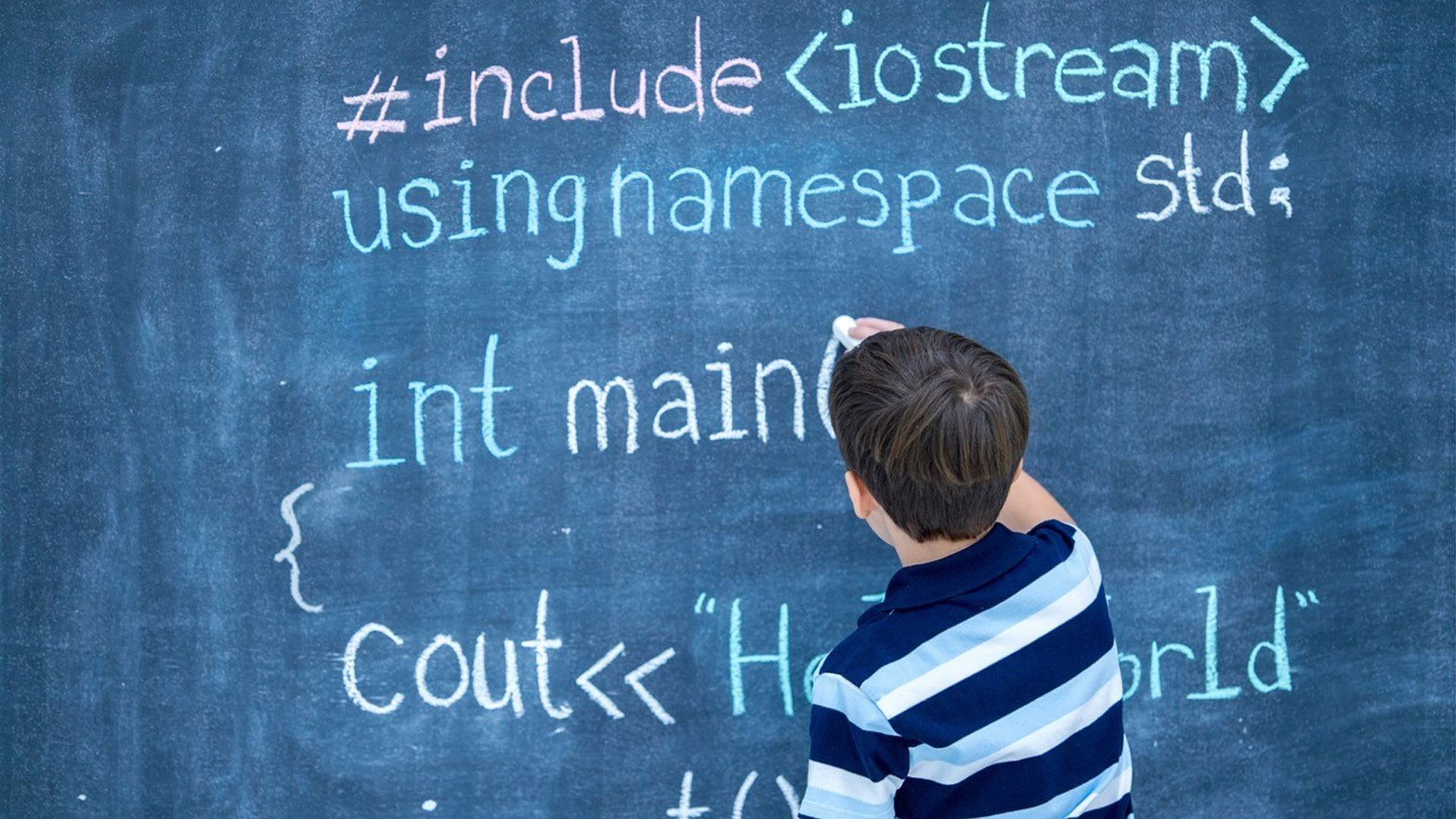BY PAM RUTLEDGE, PHD
Doctoral faculty, Media Psychology
December 1, 2020
Holiday movies offer hope, joy, love, and the promise of a kinder world.
Using entertainment for comfort, escape, and positivity can be an important antidote to COVID stress and Zoom fatigue. Holiday movies are a reliable and popular choice. Media companies have noticed, and some have upped their investment in holiday “feel good” movies. For example, according to the LA Times, Mar Visa entertainment has gone from investing about 10% of its development funds in holiday movies to about 50%. Why? Holiday movies make us happy.

Psychologists talk about happiness by distinguishing between two types: hedonic and eudaimonic. Hedonic happiness is what we feel from sensations of pleasure and enjoyment. It tends to be more transitory, like eating chocolate. Eudaimonic happiness comes from experiences that create a sense of meaning and purpose and tends to be with us longer. Both kinds of happiness are important and contribute to overall well-being in different ways.
With holiday programming, we can experience both hedonic and eudaimonic happiness. We feel positive emotions when we respond to humor, romance, a beautiful location, appealing actors, or a satisfying ending. Holiday movies can also create a more profound sense of meaning by restoring hope and the promise of social connection, love, and purpose. The message is there, no matter how convoluted the plot. We can go along for the ride, suspend disbelief and revel in the simplicity because we know where we’ll end up, and it’s someplace we all want to be. Holiday movies have a reputation for being predictable and often disdained for their “cheesy-ness” and stereotypical characterizations, low(er) budgets, and reliance on tropes. They blend bits of rom-com and light drama with an infusion of seasonal inspiration about the meaning of generosity, caring for others, and family. They are guilty pleasures that make us feel good—we don’t expect critical acclaim. We want reassurance that the world will be put right, especially now when everything feels so upended. The characters face challenges, a disillusioned or an ill-fated hero struggles, makes sacrifices, and ultimately achieves not just happiness but the true meaning of holiday spirit through romantic connections or familial reconciliations.
The predictability provides comfort; no matter how outlandish, unbelievable, or simplistic, the plot taps into real emotions. The predictability means we also enjoy re-watching favorite Holiday movies, like White Christmas, because the familiarity feels good. We all want to feel connected and “home” for the holidays. These movies can trigger memories and shared experiences that make the holidays more meaningful.
Holiday movies also tend to be family-friendly and can be a good option for multi-generational entertainment. You can organize a family watch party, coordinating viewings across multiple households. Everyone can make popcorn and watch the same movie at the same time. (Check out the Netflix’ Teleparty, Hulu’s Watch Party, or Disney’s Plus Party.) Just because we can’t be together, doesn’t mean we can’t do things together.
If you’re feeling guilty indulging in a holiday movie, don’t. If anyone in your family gives you grief, tell them it is cinematherapy. Holiday movies bundle together highs and lows, so we get the psychological and physiological benefits of laughter and empathy. Laughter can impact brain levels of neurotransmitters similar to antidepressants and can minimize your responses to threats like COVID anxiety. Laughter also can lower stress hormones that can damage our cardiovascular, metabolic, and immune systems over time, increasing vulnerability to diseases. Similarly, positive emotions such as hope, empathy, awe, gratitude, and joy have longer-term psychological benefits. A steady diet of positive emotions can increase optimism and resilience and make us more open-minded, creative, and productive.
Join Over 7,500 Fielding Alumni Located Around The World!
Change the world. Start with yours.™






Get Social